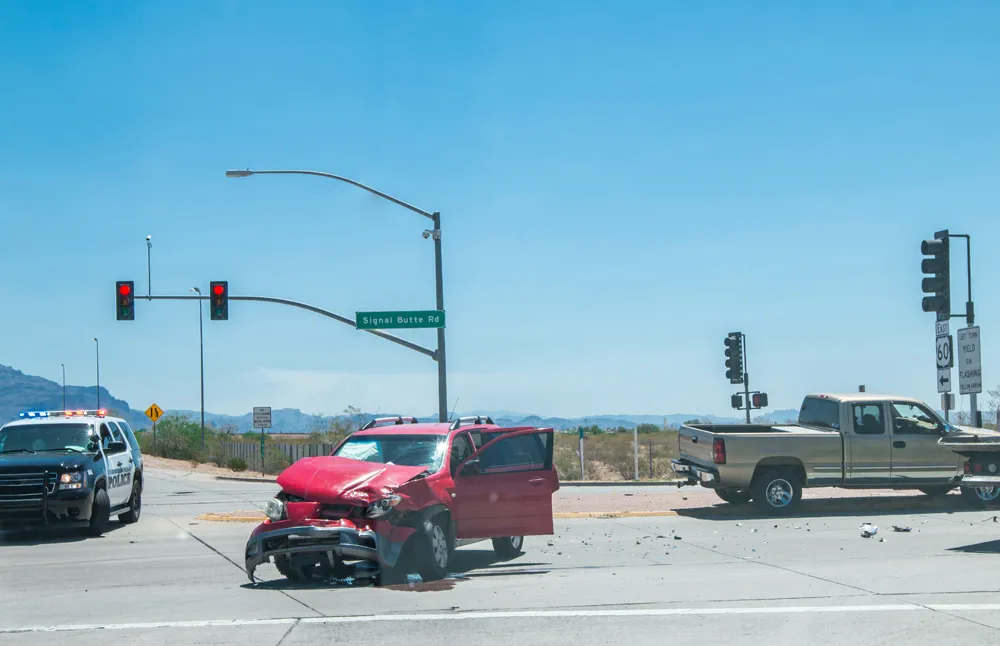A lack of sufficient road maintenance poses future problems for Belgium’s road network, according to the country’s planning office. Unless investment is made, the Belgium Planning Office (BPO) believes the nation’s road network will become overcrowded and dilapidated by 2020. BPO says that this could result in travel speeds falling 29% from 2008 to 2030 due to congestion and with a corresponding rise in journey times. Belgium's roads are amongst those with the heaviest traffic volumes in Europe. The BPO bel
November 28, 2012
Read time: 2 mins
A lack of sufficient road maintenance poses future problems for Belgium’s road network, according to the country’s planning office.
Unless investment is made, the Belgium Planning Office (BPO) believes the nation’s road network will become overcrowded and dilapidated by 2020. BPO says that this could result in travel speeds falling 29% from 2008 to 2030 due to congestion and with a corresponding rise in journey times.Belgium's roads are amongst those with the heaviest traffic volumes in Europe. The BPO believes that a journey that took one hour and 18 minutes in 2008 will take one hour and 51 minutes in 2030.
Meanwhile, traffic at off-peak times could have speeds cut by 16%. The report produced by the BPO claims that cars will still be the most used form of transport in 2030, accounting for 80% of passenger km travelled. Goods transport by road will also increase, accounting for 71% of km tonnes in 2030. But if transport policy remains unaltered then greenhouse gas emissions will increase by 12% between 2008 and 2030, despite energy efficiency improvements in vehicles.







